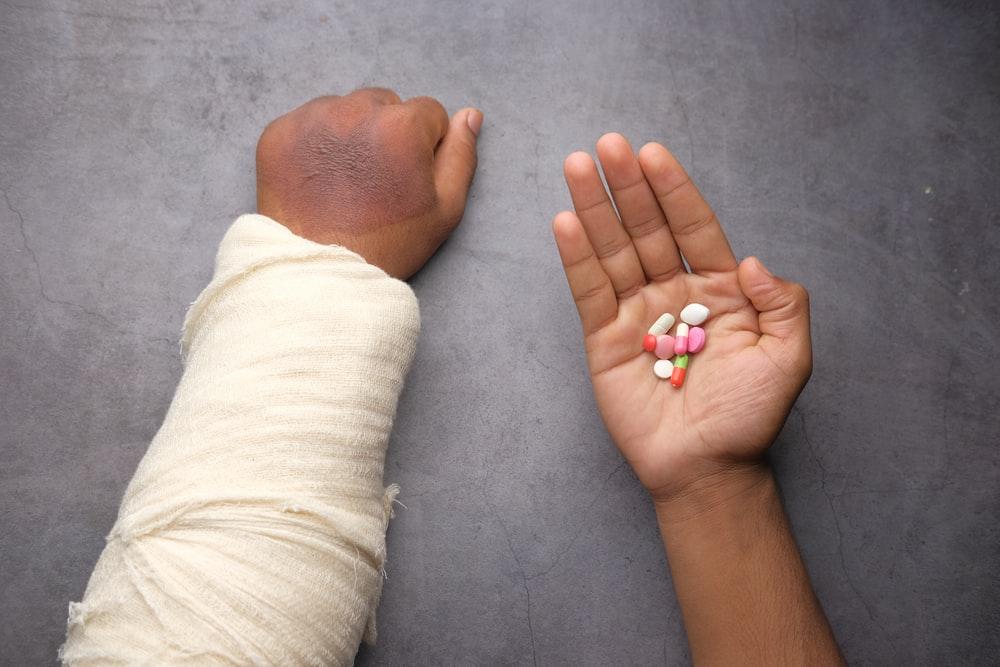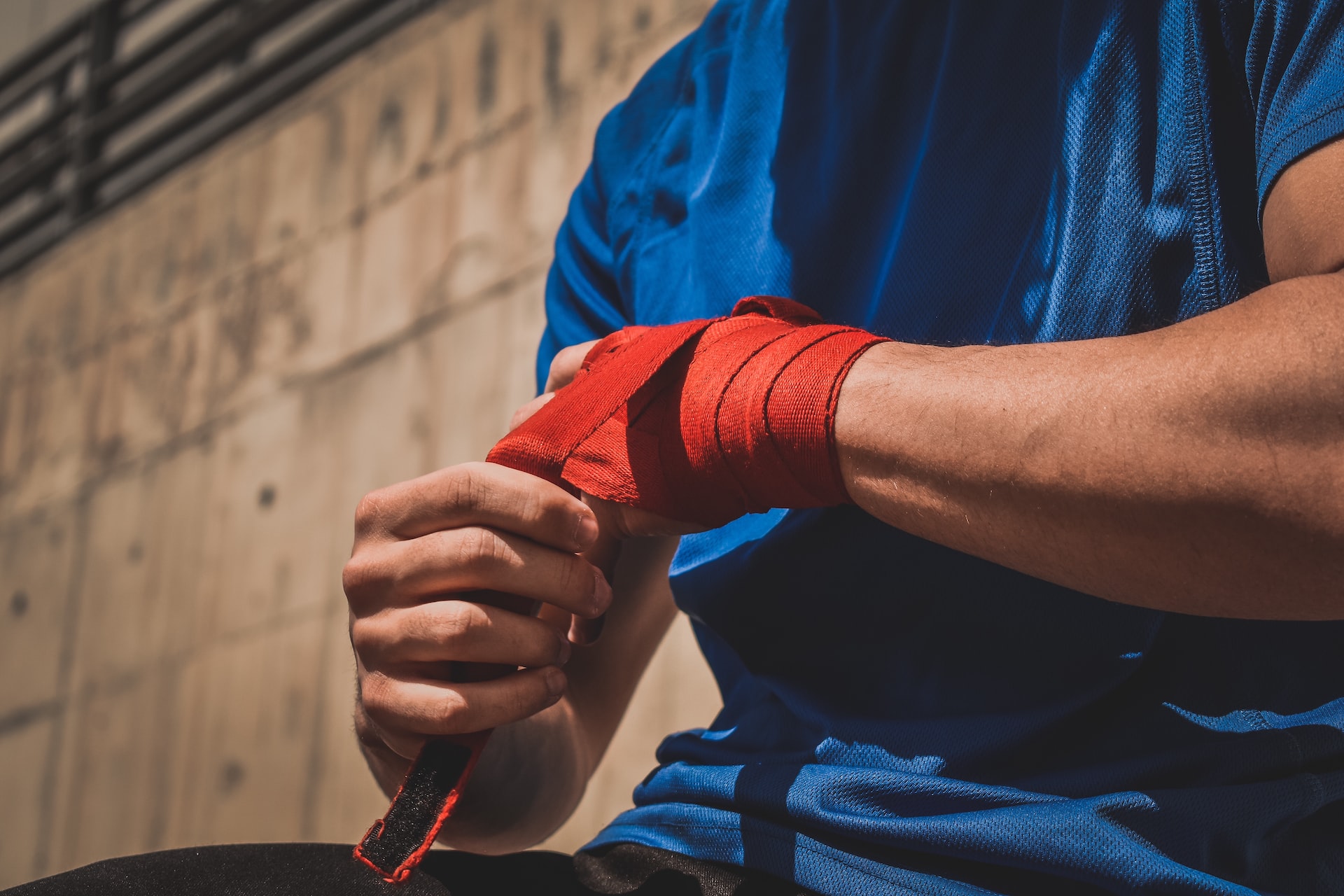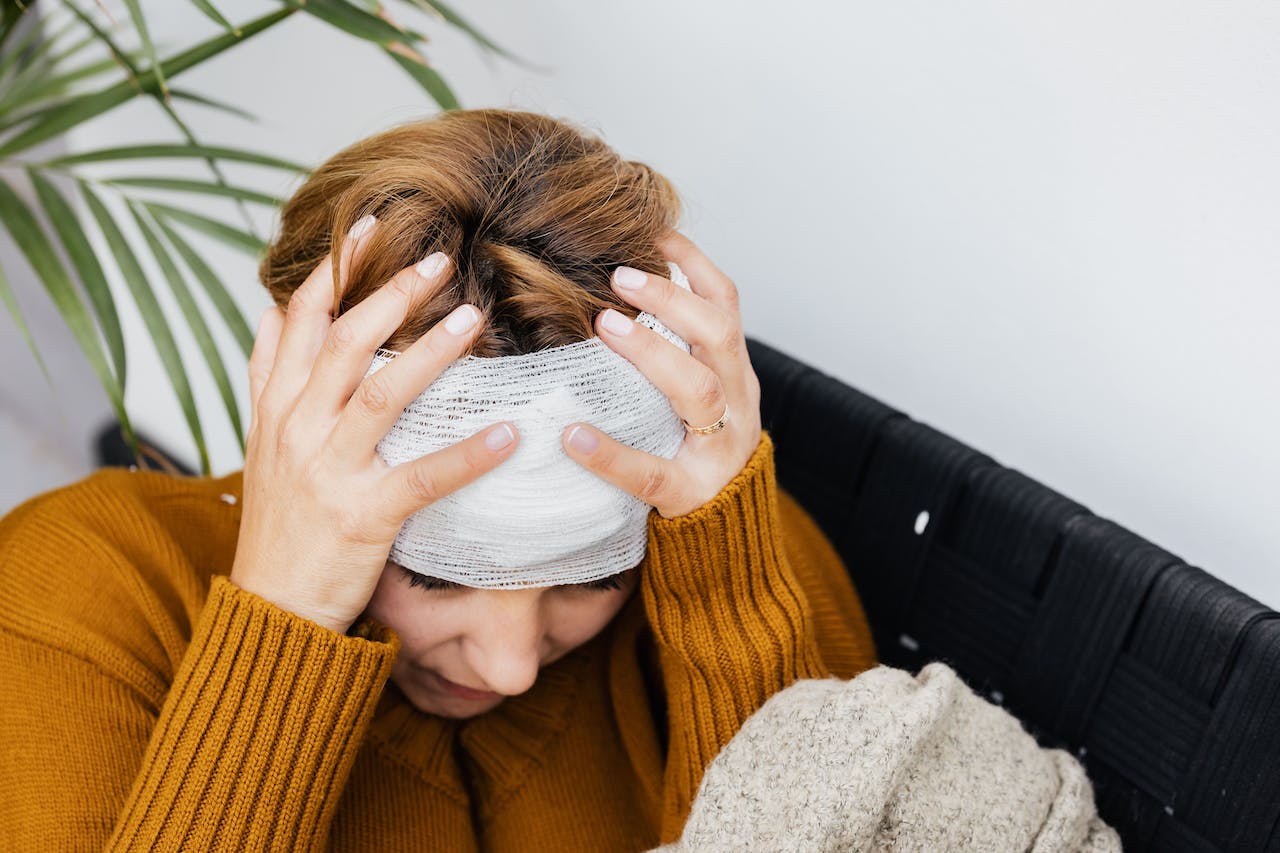No one wakes up in the morning expecting to be in an accident. These incidents can happen in the blink of an eye yet take us years to recover physically, financially, and emotionally. For some, these accidents may even end fatally or leave damage that lasts a lifetime.
Unfortunately, in our world today, your chances of being involved in an accident, big or small, are very likely. Here, we help you understand personal injury claims and what you can do to protect your rights after experiencing an accident.

What Is a Personal Injury Claim?
Before we get into the specifics of what to do after an accident, it’s essential to understand what a personal injury claim is. Knowing if you might have a case on your hands can help you proceed with what to do next.
Personal injury law experts like the attorneys at Zinda Law can assist in filing a claim. Personal injury claims are a formal request for compensation filed by a person who has suffered harm due to another party’s negligent and reckless behavior. The victim could receive money for all the damages incurred if that party is liable.
Some examples of accidents that can cause a personal injury are but are not limited to:
- Automobile Accidents
- Motorcycle Accidents
- Truck Accidents
- Wrongful Death
- Slip and Fall
- Premises Liability
- Dog Bites
- Traumatic Brain Injuries
- Accidental Shootings
- Ski Injuries
- Gas Explosions
What to Do After an Accident
So, in the aftermath of a personal injury, what steps can you take to protect your best interests?
1. Get Medical Help
Following an accident, your priority should always be your health. If you are injured, you must seek the medical care you need immediately. Delaying this step decreases your chances of a full recovery and puts your credibility into question during the claims process.
2. Contact the Police
If possible, you or someone at the scene should call law enforcement to report the incident. A police record that can show their observations at that time and any information regarding negligence involved can significantly increase your chances of compensation.
3. Gather as Much Evidence as Possible
If your injuries allow it, document as much evidence as you can. Pictures of the accident scene and any damage sustained will be helpful.
Remember, anything you say can and will be used against you. It’s important NOT to apologize or say anything the other side could use against you.
4. Contact a Personal Injury Lawyer
Any claims process can be slow and confusing. And, because you’re likely to be more vulnerable and in need of money after an accident, insurance companies will try to take advantage by offering an unfair settlement.
That’s why it’s important to act fast in hiring a personal injury lawyer. Having a dedicated and knowledgeable lawyer in your corner highly increases the chances and speed of receiving the fair compensation you deserve.
Conclusion
When you’ve suffered an injury from an accident, the last thing you want is to have your rights neglected or have the other at-fault party take advantage of your condition. Follow the tips above after an accident to protect yourself and your well-being.
















